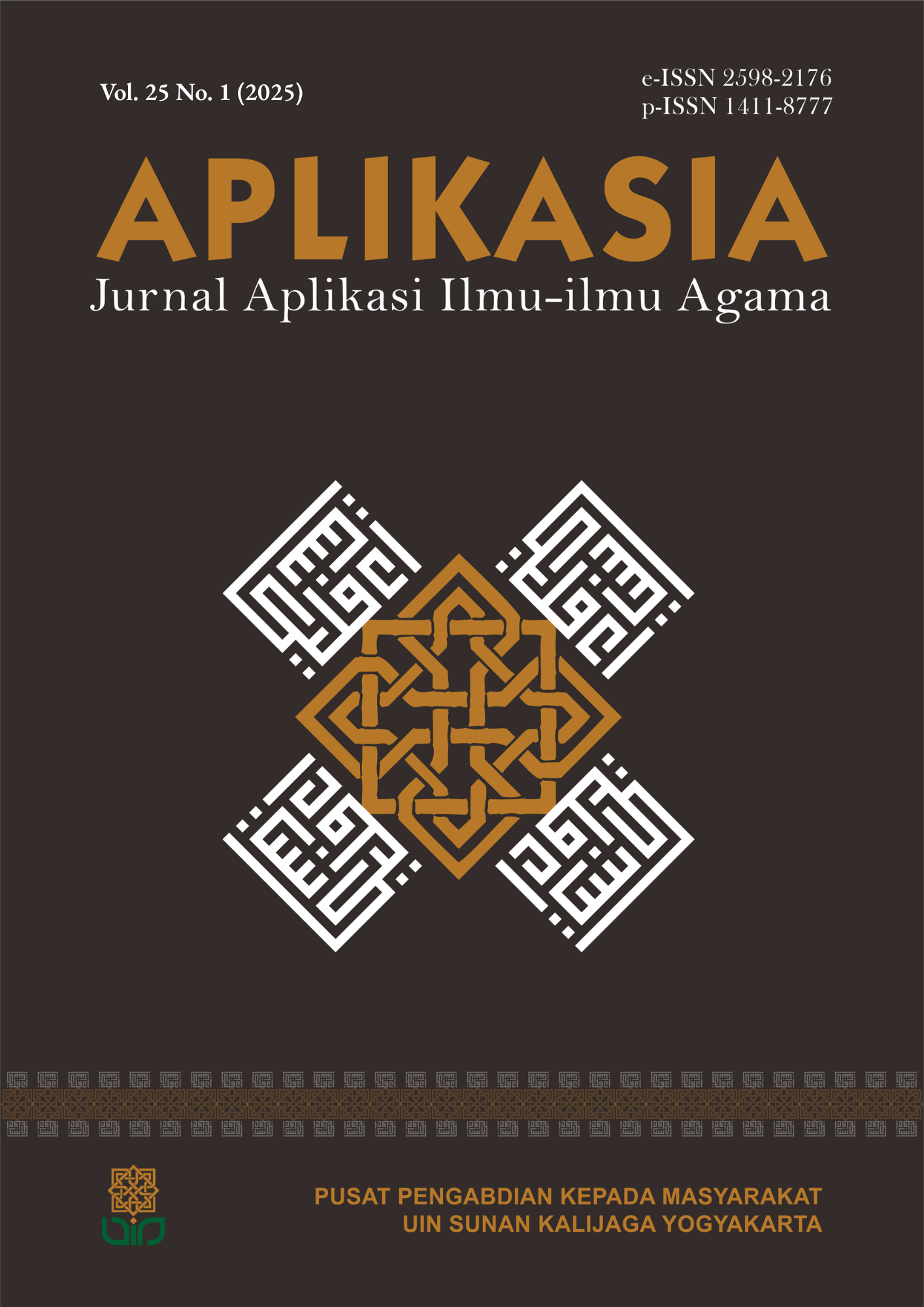Abstract
The development of community-based tourism villages in Sembego Village, Maguwoharjo, Sleman Regency, is a strategic effort to optimize local potential while improving the welfare of the community in a sustainable manner. A key focus is to enhance the community's digital literacy through socialization, education programs, and the creation of a village website as an information and promotional tool. This website is designed to provide complete information about Taman Wanasutan Asri Tourism Village, including tourist attractions, facilities, and events, while expanding marketing networks through digital platforms. The implementation method includes identifying environmental issues, selecting priority solutions, and involving the community in every stage. This program is expected to have a positive impact by improving the community's digital skills, strengthening their understanding of community-based tourism, and creating an inclusive and sustainable tourism ecosystem. With this development, Sembego Village is expected to become a competitive tourism destination that contributes positively to the local economy and serves as an inspiring model for other tourism villages in Indonesia.
References
Giampiccoli, Andrea & Saayman, Melville. (2018). Community-based tourism development model and community participation. 7. 1-27.
Permatasari, I. (2022). Peran Model Pengembangan Pariwisata Berbasis Masyarakat (Community Based Tourism) Dalam Mewujudkan Pariwisata Berkelanjutan (Sustainable Tourism) di Bali. KERTHA WICAKSANA: Sarana Komunikasi Dosen dan Mahasiswa, 16(2), 164-171. https://doi.org/10.22225/kw.16.2.2022.164-171
Afrianto, A., Hamzah, I., Candra, A., & Salsya, K. P. (2024). Peningkatan Literasi Digital Menuju Desa Cerdas. Madaniya, 5(4), 2194-2203. https://doi.org/10.53696/27214834.1067
Anggito, A., & Setiawan, J. (2018). Metodologi Penelitian Kualitatif. CV Jejak.
Asraf, A., Erdawati, E., Yuliza, M., & Utami, S. (2024). Plementasi Digital Marketing dan Strategi Pemasaran dalam Pengembangan UMKM Pada Destinasi Wisata Pohon Seribu Sasak Ranah Pasisie. Jurnal Ilmiah Bisnis an Ekonomi Asia, 18(1). https://doi.org/10.32815/jibeka.v18i1.1648
Asrulla, A., Risnita, R., Jaulani, M. S., & Jeka, F. (2023). Populasi dan Sampling (Kuantitatif), Serta Pemilihan Informan Kunci (Kualitatif) dalam Pendekatan Praktis. ResearchGate, 7(3), 26320-26332.
Auliya, A. (2020). Kunci Sukses Pengembangan Pariwisata Berbasis Masyarakat di Jawa Barat. Journal of Tourism Destination and Attraction, 8(2), 81-90. https://doi.org/10.35814/tourism.v8i2.1327
Creswell, J. (2016). Research design: Pendekatan metode kualitatif, kuantitatif dan campuran.
Londa, V. Y. (2020). Pengembangan Kapasitas Masyarakat PelakuUsahadi Daerah PenyanggaTaman Nasional Laut Bunaken Provinsi Sulawesi UtaraVery Y. LondaProgram Studi Ilmu Administrasi Negara Universitas Sam Ratulangi; Manadoverylonda@unsrat.ac.idABSTRACT.People take advantage of. Jurnal Administrasi Bisnis (JAB), 10(2), 63-71. https://doi.org/10.35797/jab.v10.i2.63-71
Permatasari, I. (2022). Peran Model Pengembangan Pariwisata Berbasis Masyarakat (Community Based Tourism) Dalam Mewujudkan Pariwisata Berkelanjutan (Sustainable Tourism) di Bali. Kertha Wicaksana: Sarana Komunikasi Dosen dan Mahasiswa, 16(2), 164-171. https://doi.org/10.22225/kw.16.2.2022.164-171
Rasyidah, R., Erianda, A., Hidayat, R., Alanda, A., & Mooduto, H. A. (2023). Percepatan Transformasi Nagari Talang Babungo menuju Pengembangan Pariwisata Berkelanjutan melalui Pelatihan Penguatan Infrastruktur dan Akses Internet. Jurnal Pengabdian Ilmu Pengetahuan dan Teknologi, 1(1), 14-19. https://doi.org/10.62527/jiptek.1.1.3
Rochman, N. (2017). Model Pengembangan Desa Wisata Berbasis Pemberdayaan Masyarakat. Jurnal Equilibria Pendidikan, 1(1), 59-70. 10.26877/EP.V1I1.1831
Febriani, E. S., Arobiah, D., Apriyani, A., Ramdhani, E., & Millah, A. S. (2023). Analisis data dalam penelitian tindakan kelas. Jurnal Kreativitas Mahasiswa, 1(2), 140–153.

This work is licensed under a Creative Commons Attribution-NonCommercial-ShareAlike 4.0 International License.
Copyright (c) 2025 The copyright of published articles belongs to the author(s)

